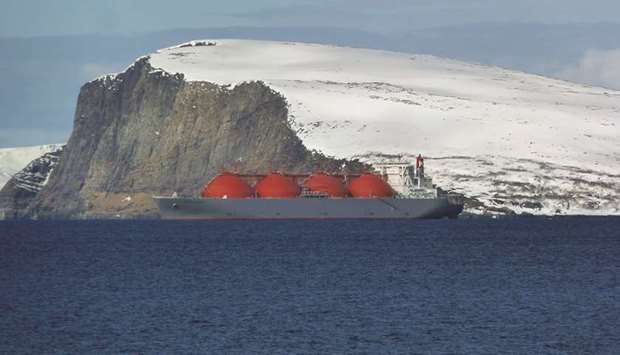Nine of the licences are located in the Barents Sea and three in the Norwegian Sea off central Norway, the Ministry of Oil and Energy said yesterday.
“This licensing round confirms that the oil companies see opportunities for further profitable petroleum activity in the north,” Oil and Energy Minister Terje Soeviknes said in a statement.
Equinor, formerly known as Statoil, was awarded five licences and will participate as a non-operating participant in a further two.
“In contrast to the awards of the 23rd licensing round, the majority of these awards are less mature and therefore require more work before the drilling candidates are ready,” Equinor said in a statement.
The award includes one firm commitment to drill an exploration well in the southwestern part of the Barents Sea, it added.
Shell, Aker BP, Lundin, OMV and Spirit Energy, a joint venture between Britain’s Centrica and Germany’s Bayerngas, were also offered operatorships.
Licence operators determine exploration programmes and sign contracts with suppliers, in coordination with partners.
In addition, DEA, Idemitsu, M Vest Energy, VNG and Wintershall were awarded participating interest.
The number of firms applying for blocks in the 24th licensing round fell to 11 from 26 in the previous round two years ago, with analysts pointing to last year’s disappointing exploration campaign that resulted in a few minor discoveries.
Aker BP won operatorships in two licenses located near Bear Island, although the government said drilling would be banned between April 1 and August 15 to protect important nesting grounds for Arctic Birds.
The company was not immediately available to comment on how this would impact plans.
The restriction was added as a result of coalition talks after parliamentary elections last September.
Environmental groups have protested against oil exploration in Arctic waters citing the risk of oil spills, and Norway’s commitments to reduce emissions of carbon dioxide.
Greenpeace and other activists this year lost a lawsuit arguing that exploration in Norway’s northernmost region is unconstitutional and should be banned as it violates the right to a clean environment.
An appeal in the case is pending.
Oil and gas production accounts for about 40% of Norway’s exports and helped to build the world’s largest sovereign wealth fund.

